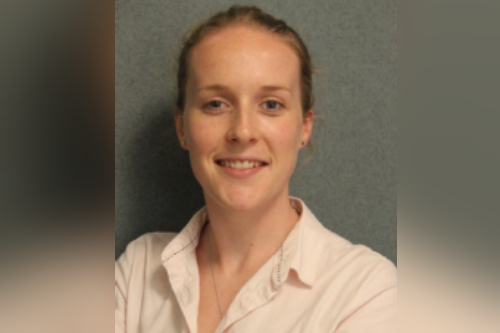Claims should be a key priority for insurers

You may think I’m preaching to the choir. Insurers are always shouting about their claims propositions and how they achieve superior outcomes for clients, compared to their peers in the marketplace. I’m not disputing that this has always been a focus and a priority. Rather, I’m saying that, today, claims should be more of a focus than ever before – and here’s why.
Macroeconomic pressures like inflation, the rising interest rate environment, ongoing supply chain disruptions (triggered by the COVID-19 pandemic), and labour shortages are causing challenges for both personal and commercial insurance buyers. This follows years of relatively hard market conditions, with many policyholders having to pay more to secure adequate (or in the case of complex commercial risks, often inadequate) insurance coverage.
Read next: Brokers – underwriters: You scratch my back, I’ll scratch yours
In this day and age, there’s no guarantee that policyholders will be happy with the price of their insurance, or the coverage they’ve managed to obtain. The only thing that insurers can pretty much guarantee is their policyholders’ experience in the claims process. This is one element of insurance where companies can truly differentiate themselves.
Of course, no-one wants to have a claim. But if a policyholder’s experience with their claim is smooth, and they get the support they need (both practically and emotionally) through the process, then they will most likely reach a favourable conclusion about their insurer, along the lines of: “Something bad happened, and my insurer fixed it … with little stress”.
That outcome is important after a few years of hard market conditions, characterised by rate increases, coverage restrictions, and a whole whack of underwriter “NOs”. The hard market did no favours for the industry’s popularity, but I believe that insurers with successful claims operations will be the ones to repair relations the quickest.
So, what makes a successful claims operation? It’s all about finding the right balance between the human touch (critical thinking, analysis, social interaction, and empathy) and technology (digital first notice of loss, data analytics, automation, and digital processing). Insurers that strike that balance, while adjusting claims quickly, and staying true to their promise of protecting policyholders from financial loss will have a successful claims operation.
Following two years of pandemic conditions, policyholders today expect an efficient virtual claims process, through which they can access the benefits of human and technological support via a digital channel. During COVID-19, policyholders couldn’t always welcome loss adjusters into their homes or businesses due to pandemic restrictions, so the value of virtual and video-driven claims processes really shone through.
Read next: Brokers – it’s time to get specialised
By combining a virtual claims process with advanced data analytics capabilities, insurers can increase efficiencies and precision in claims handling while reducing costly errors. This will result in a superior claims experience, which will come with other added benefits. For example, a best-in-class claims operation will likely drive higher levels of customer satisfaction and increased brand loyalty, thus helping with customer retention and acquisition. Again, that reinforces why I think claims should be a top priority for insurers today.
Claims are the beating heart of the insurance promise. If insurers can fulfil that promise completely, quickly, and with empathy, they will set themselves up for success.





